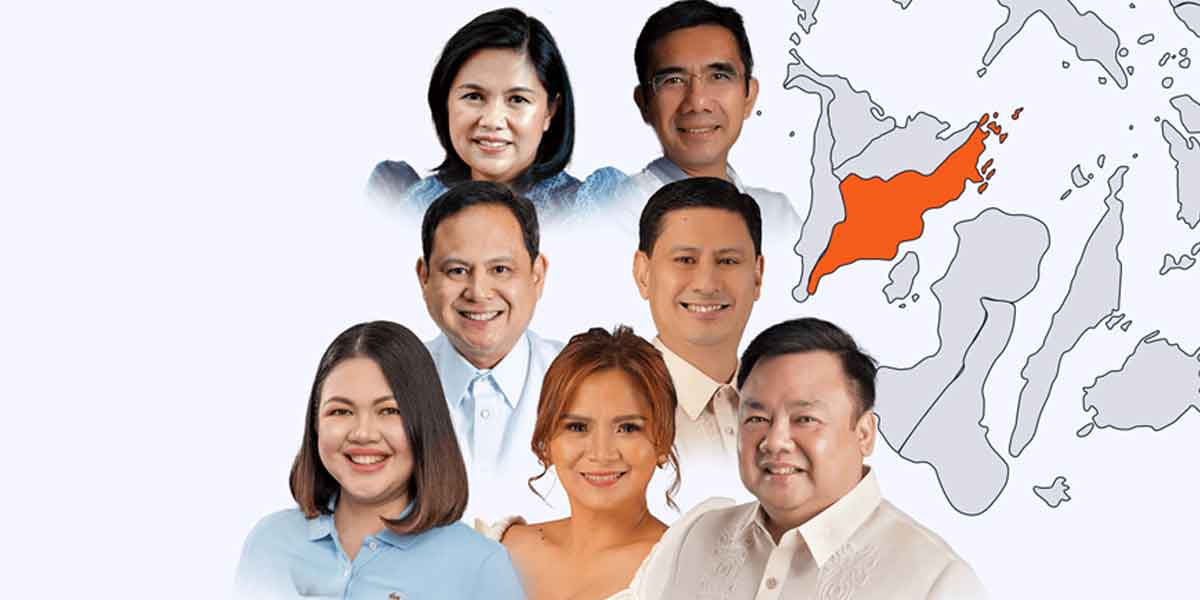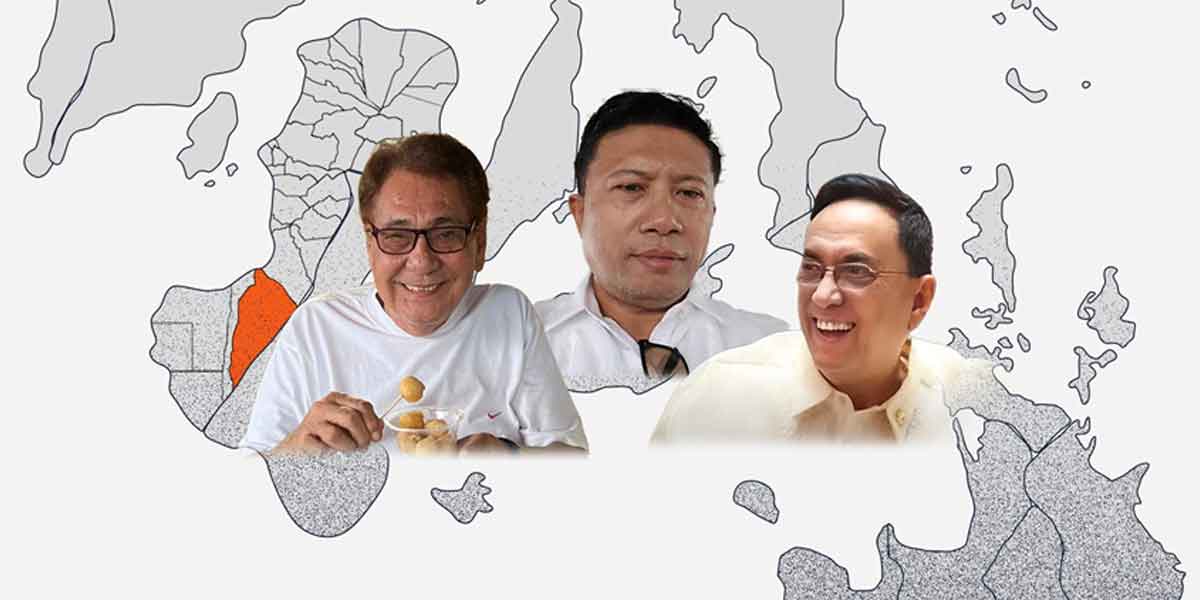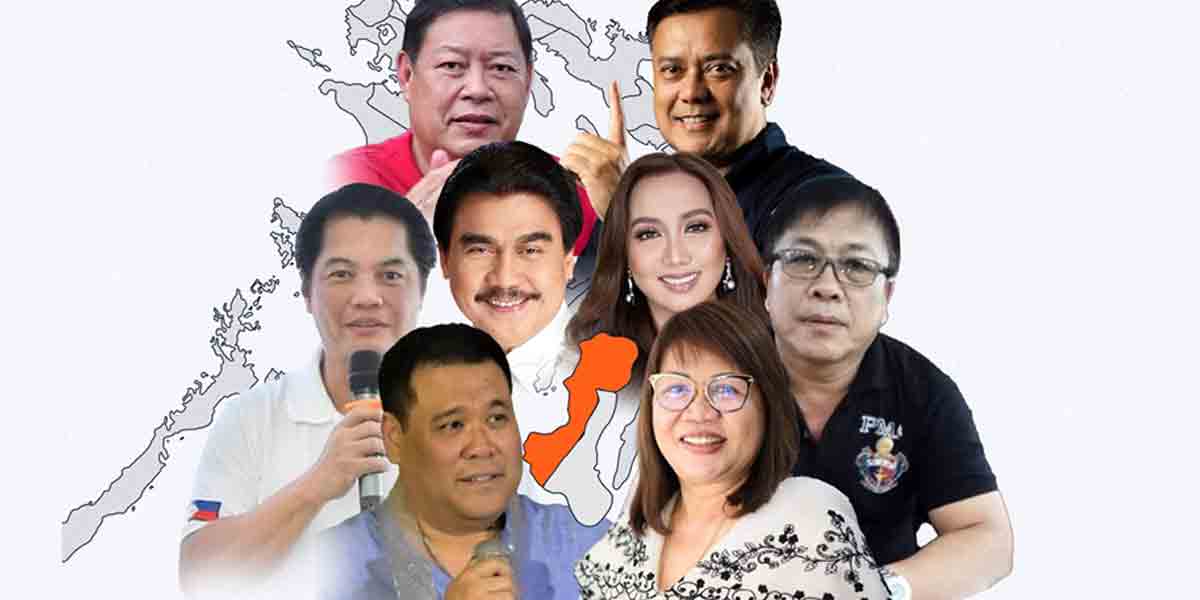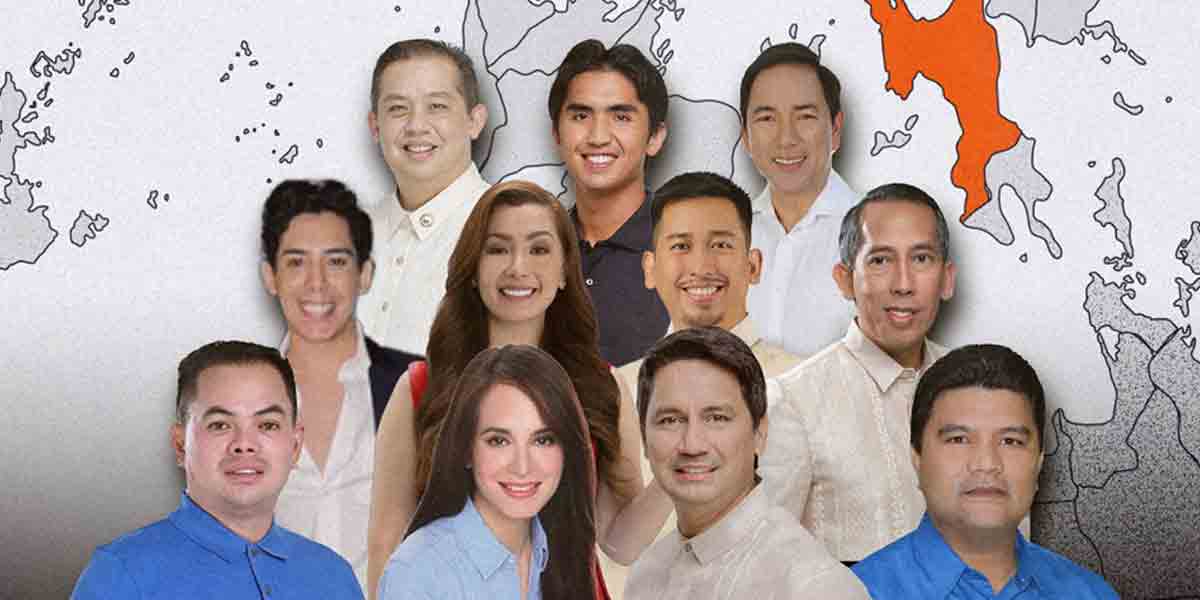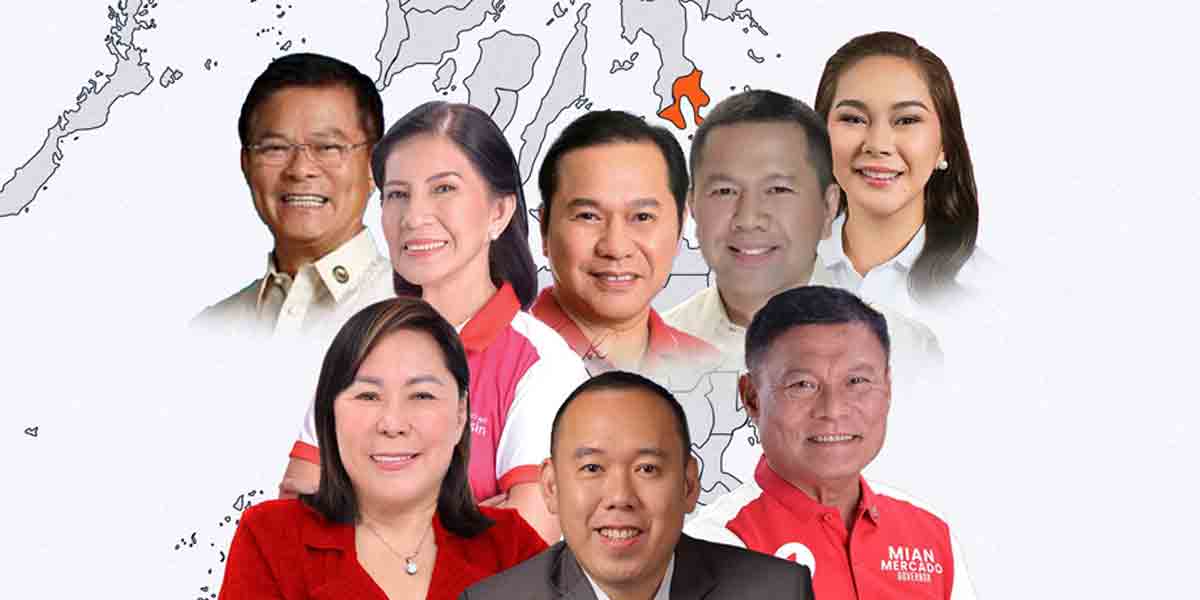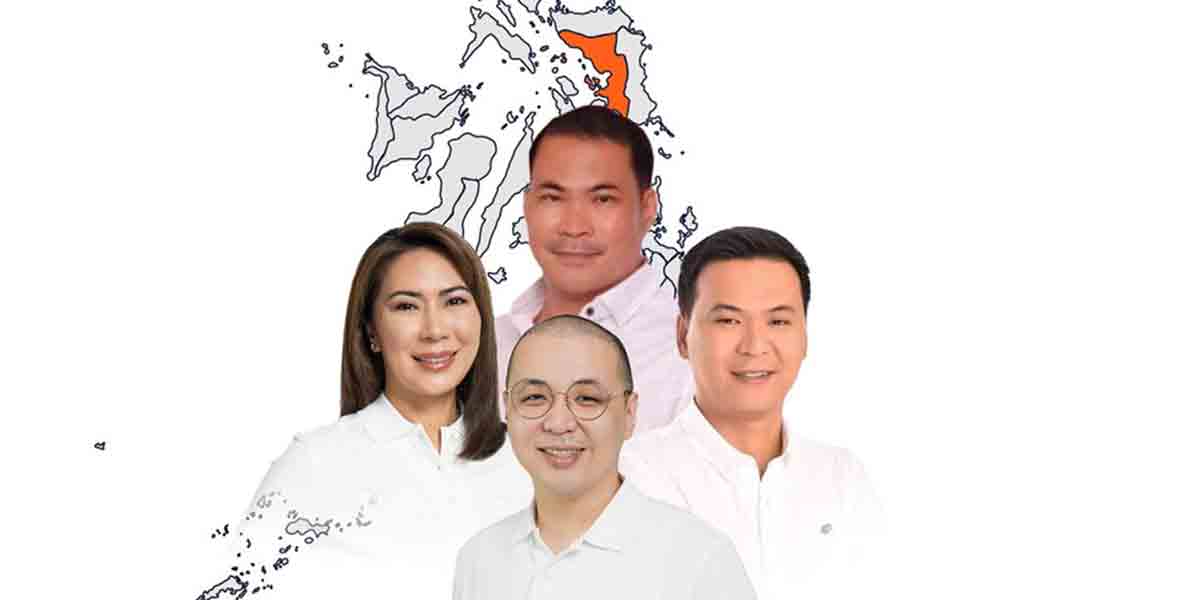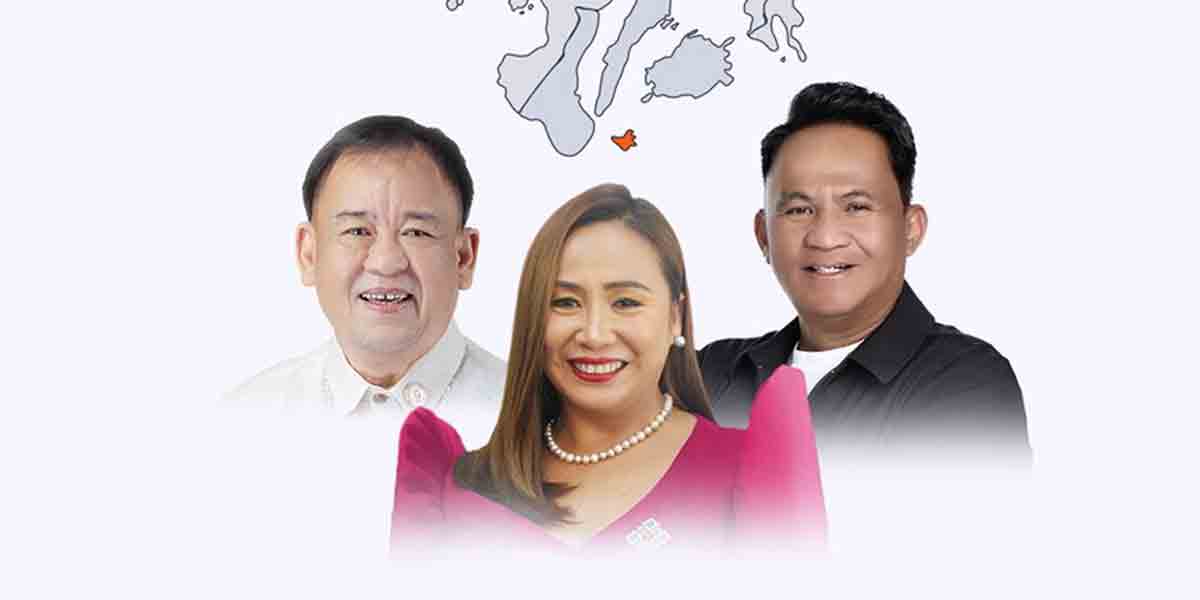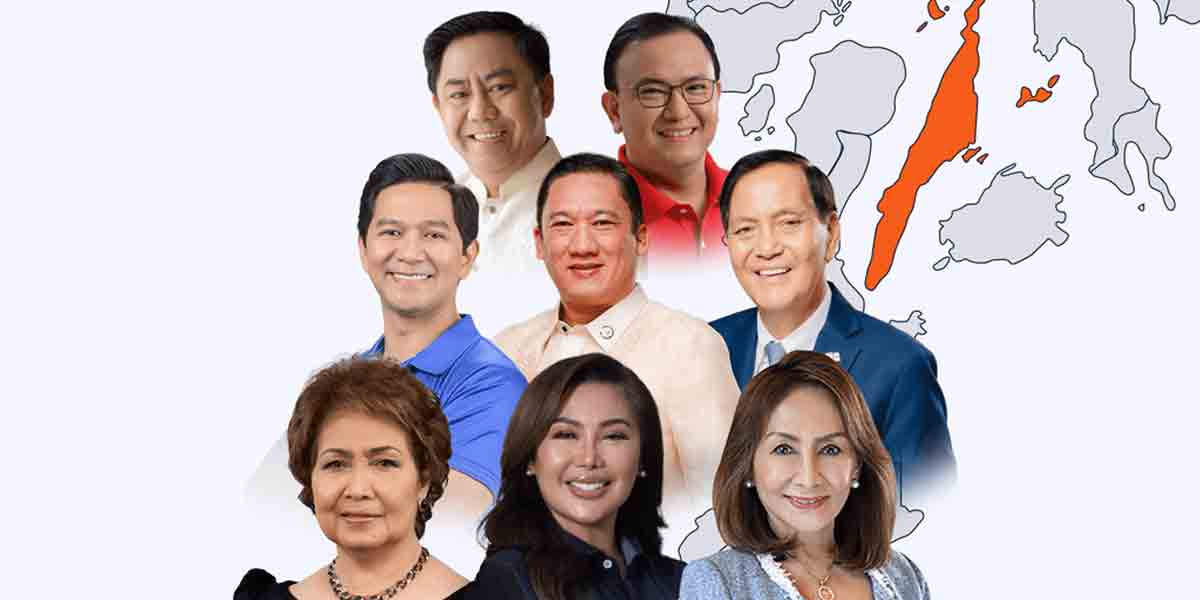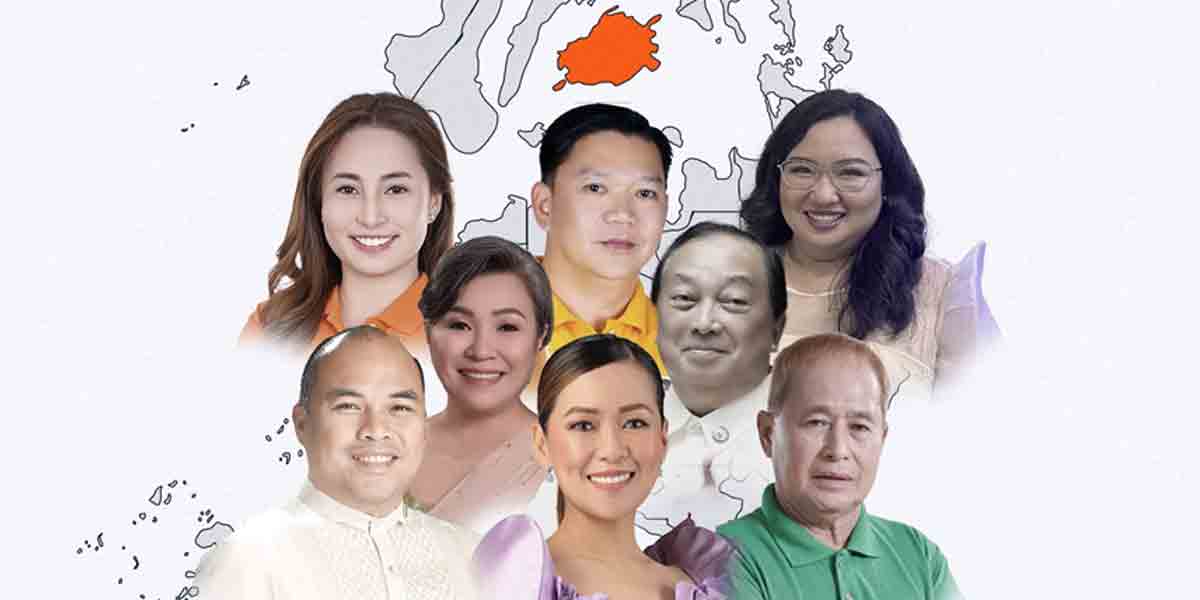By Alex P. Vidal
“The big divide in this country is not between Democrats and Republicans, or women and men, but between talkers and doers.” —Thomas Sowell
WE’VE noticed that US Senate Majority Floor Leader Charles “Chuck” Schumer never missed the Philippine Independence Day parades in New York in the past years before the pandemic.
The 71-year-old senator (D-New York) would be in the front-line walking together with leaders of the Filipino community on Madison Avenue until the parade reached the final destination at Madison Square Park.
He is, perhaps, one of the only few senators who really makes his presence felt with the Pinoys during important occasions, especially during the critical campaign to “Stop the Asian Hate” where the good senator openly condemned the attacks against Asians, including the Filipinos
For this, the Pinoy community is grateful and very supportive to the hardworking senator. The feeling is mutual.
Other than former Governor Andrew Cuomo, Schumer is the most familiar political face among the Filipinos living in New York. This explains why majority of the Filipinos in the Big Apple are Democrats, as well as in Pennsylvania, New Jersey, Washington, Maryland, Connecticut, and Massachusetts.
Schumer is aware the mighty “small but terrible” Filipino-Americans account for the bulk of Asian voters who go all out for the Democratic Party during the elections.
-o0o-
The Filipino community in these Democratic strongholds were equally ecstatic when news broke out Saturday night (November 12) that the party of President Joe Biden clinched control of the Senate with the projection that Nevada reelectionist Senator Catherine Cortez Masto brought down Republican challenger Adam Laxalt, one of the other guy’s few remaining fanatics and a forceful election denier.
Masto’s victory virtually dashed to pieces the hopes of the Republicans to grab control of the Senate with 50 elected senators in the 2022 Midterm Elections.
Senator Raphael Warnock hopes to give his party its 51st seat when he faces Republican challenger Herschel Walker in a runoff on December 6.
The Democrats have been maintaining close ties with the Filipino community since time immemorial—since the United States established diplomatic relations with the Philippines in 1946.
U.S.-Philippine relations are based on strong historical and cultural linkages and a shared commitment to democracy and human rights, according to the US Department of Justice.
The 1951 U.S.-Philippines Mutual Defense Treaty provides a strong foundation for our robust post-World War II security partnership. Strong people-to-people ties, and economic cooperation provide additional avenues to engage on a range of bilateral, regional, and global issues.
-o0o-
The U.S.-Philippine Bilateral Strategic Dialogue (BSD) is the annual forum for forward planning across the spectrum of our relationship. The latest BSD in November 2021 resulted in the Joint Vision for a 21st Century United States-Philippines Partnership.
More than four million Filipino-Americans live in the United States, and almost 300,000 U.S. citizens reside in the Philippines, including a large number of U.S. military veterans.
Additionally, Manila is home to the only Veterans Administration regional office outside the United States, and the American Cemetery in Manila is the largest American military cemetery outside the United States.
Pre-COVID, more than one million U.S. citizens visited the Philippines each year. People-to-people exchange programs between the United States and the Philippines include the longest continuously running Fulbright program in the world, the International Visitor Leadership Program, and the Kenney-Lugar Youth Exchange and Study program.
The U.S. government’s goals in the Philippines, according to the US Department of Justice, are to strengthen democratic governance and support Philippine government efforts to promote inclusive development and contribute to security and development cooperation in the Indo-Pacific.
U.S. assistance to the Philippines helps expand inclusive, market-driven growth; foster strong democratic systems and good economic, health, and education governance; promote responsible natural resource management; and enhance resilience for communities and the environment.
The Philippines and the United States belong to many of the same international organizations, including the United Nations, ASEAN Regional Forum, Asia-Pacific Economic Cooperation (APEC) forum, International Monetary Fund, World Bank, and World Trade Organization.
The Philippines is also an observer to the Organization of American States.
The Philippines served as chair and host of ASEAN for 2017. The United States strongly supports Philippine government efforts to fully implement the Hague Convention on the Civil Aspects of International Child Abduction, an important multilateral tool to protect Filipino and U.S. children and families.
(The author, who is now based in New York City, used to be the editor of two local dailies in Iloilo.—Ed)

